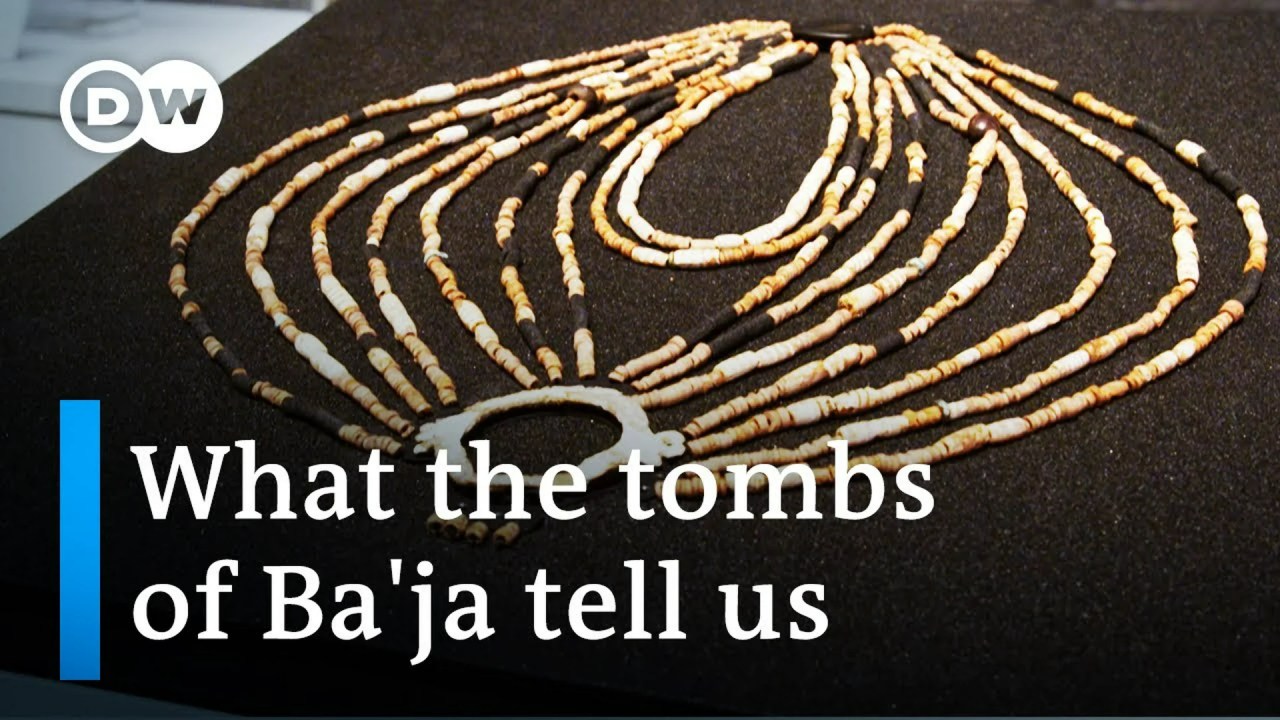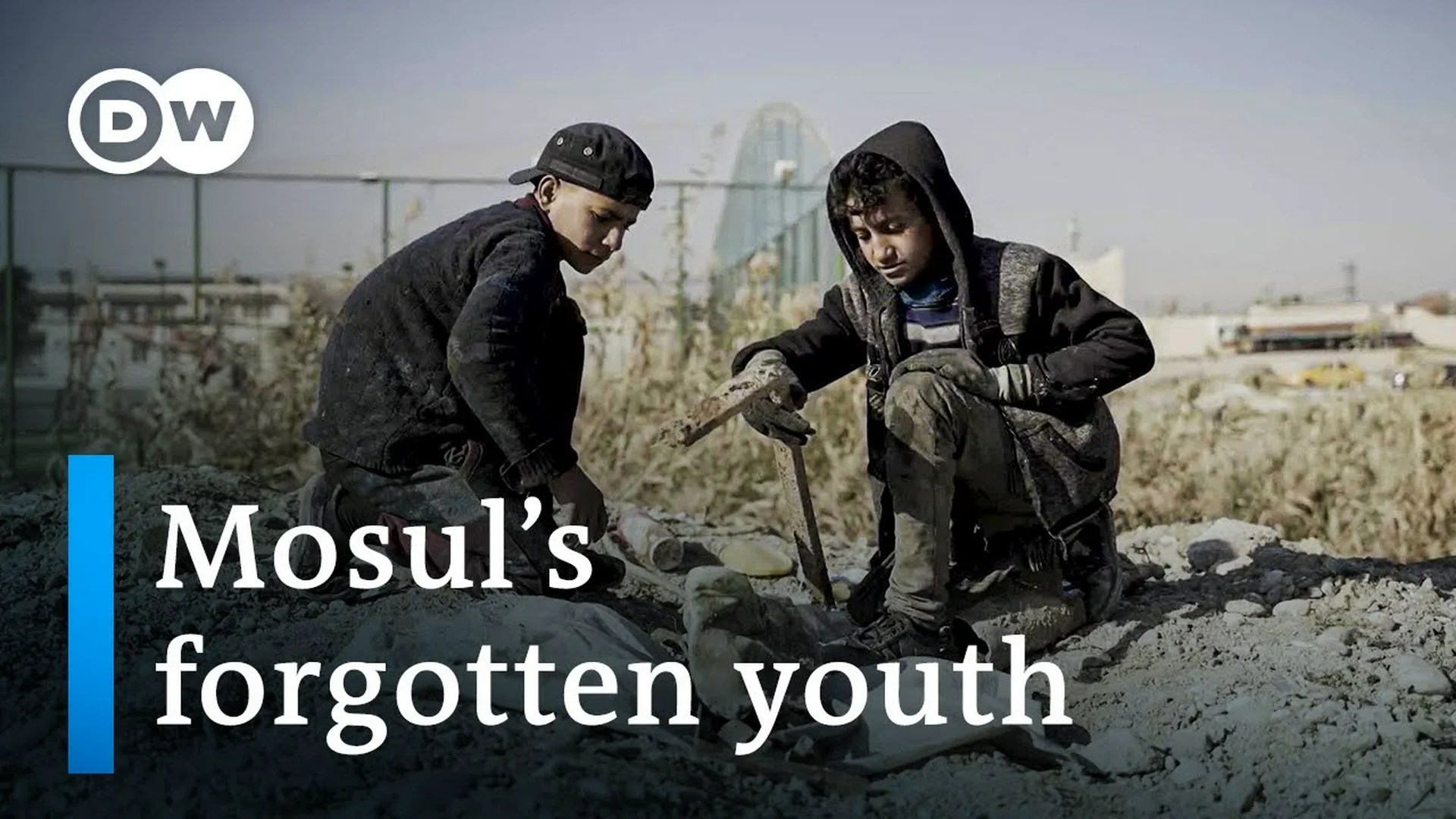The Neolithic village of Ba’ja in Jordan is a famous archaeological site. It was one of the world’s first known settlements, founded some 9,000 years ago.
The site has produced magnificent finds including an ancient necklace made of 2,500 beads. What prompted our Neolithic ancestors to settle down? Why did they change their nomadic, hunter-gatherer lives so radically?
As is so often the case in archaeology, it is tombs that tell us the most, while also raising new questions. One of the most magnificent finds at the Ba’ja archaeological site is the richly furnished tomb of a young girl.
In 2018, as the excavation team was about to depart, beads emerged from beneath the slab of a nondescript tomb.
The team kept working until they finally recovered around 2,500 beads. Further research showed the beads belonged to an elaborately crafted necklace that had been buried with the girl.
The team affectionately christened her Jamila, “the beautiful one.” Jamila’s necklace is a sensation, and has been put on display at the new Petra Museum. There, the entire history of the country is presented, beginning with Ba’ja and humankind’s decision to leave behind the hunter-gatherer lifestyle.





















